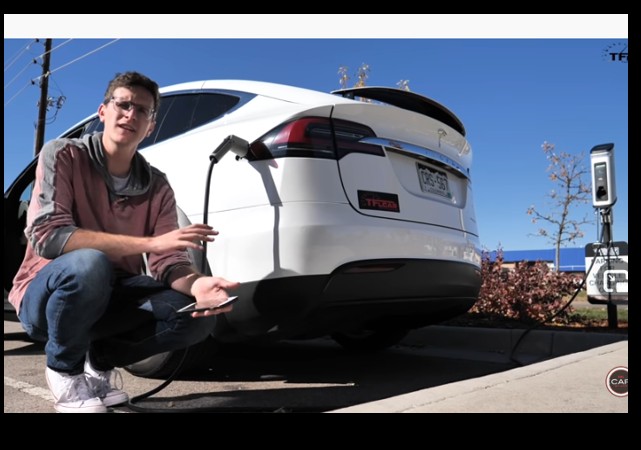Dems “Renewable” Energy Plans Face Battery Shortage As They Run Up Cost Of Reliable Fossil Fuels

One aspect of wind and solar power that doesn’t get mentioned much is that the power generated from these energy sources must be stored in batteries to be used, as needed, by the public.
With no batteries, you get wind machines and bird fryers.
So the green justice plans to convert the entire nation to renewable energy use may fizzle as a result of a potential energy shortage.
U.S. renewable energy developers have delayed or scrapped several big battery projects meant to store electrical power on the grid in recent months, scuttling plans to replace fossil fuels with wind and solar energy.At least a dozen storage projects meant to support growing renewable energy supplies have been postponed, canceled or renegotiated as labor and transport bottlenecks, soaring minerals prices, and competition from the electric vehicle industry crimp supply.
The delays may last for quite some time, and to be primarily driven by supply chain issues.
“I have not seen a nascent industry challenged on so many fronts,” said Jamal Burki, president of IHI Terrasun Solutions, the U.S. energy storage arm of Japanese heavy equipment maker IHI Corp (7013.T).European energy storage projects are also facing delays, but that region lags the United States in the development of grid-scale storage, making the issue less pronounced.Ben Guest, fund manager at Gresham House Energy Storage Fund (GRID.L), which invests in battery projects in Britain, said he has seen two- to three-month delays in projects primarily due to component shortages and shipping challenges.
In terms of batteries for electric vehicles, a car industry executive points to a shortage of raw materials as another significant factor in the looming shortages, and is calling for an end to the aggressive timelines for mandating electric vehicles by policy makers.
Stellantis CEO Carlos Tavares said he expects shortages of the batteries and raw materials needed to make electric vehicles in the coming years, as the global automotive industry pivots to EVs to meet an expected increase in consumer demand and government regulations.Tavares said he expects a shortage of EV batteries by 2024-2025, followed by a lack of raw materials for the vehicles that will slow availability and adoption of EVs by 2027-2028.“The speed at which we are trying to move all together for the right reason, which is fixing the global warming issue, is so high that the supply chain and the production capacities have no time to adjust,” he told media Tuesday after the company announced a new $2.5 billion EV battery plant in Indiana.Stellantis, the world’s fourth-largest carmaker, was formed by the merger of Fiat Chrysler and France-based Groupe PSA last year.Tavares used the prospect of a shortage to urge policymakers globally to stop aggressively moving targets for EVs forward.
This situation will not be helped if lithium, a key component of these batteries, is declared a hazardous material by a European agency. This move will likely reduce the production of a German lithium plant.
Top lithium producer Albemarle Corp may have to shut its Langelsheim plant in Germany if the metal used in electric vehicle batteries is declared a hazardous material by the European Union, its finance chief told Reuters.Lithium’s pivotal role in electric vehicles makes it an important commodity in meeting global targets to cut carbon emissions, and it was added to the EU’s list of critical raw materials in 2020.However, the European Commission is currently assessing a proposal by the European Chemicals Agency (ECHA) to classify lithium carbonate, chloride and hydroxide as dangerous for human health.That would result in a more restrictive regulatory framework for their use at a time when the EU is aiming to be self-sufficient in electric vehicle batteries by 2025.
When the use of technology is forced, rather than allowed to progress along sensible production, engineering, and economic timelines, these are the types of issues that can be predicted.
That is, unless you are wearing green-colored glasses…either because you are profiting from the renewable energy mandates or you are a green activist ideologue.
CLICK HERE FOR FULL VERSION OF THIS STORY